iPhones, LV bags and spirit servants - what you need to know about the Hungry Ghost Festival
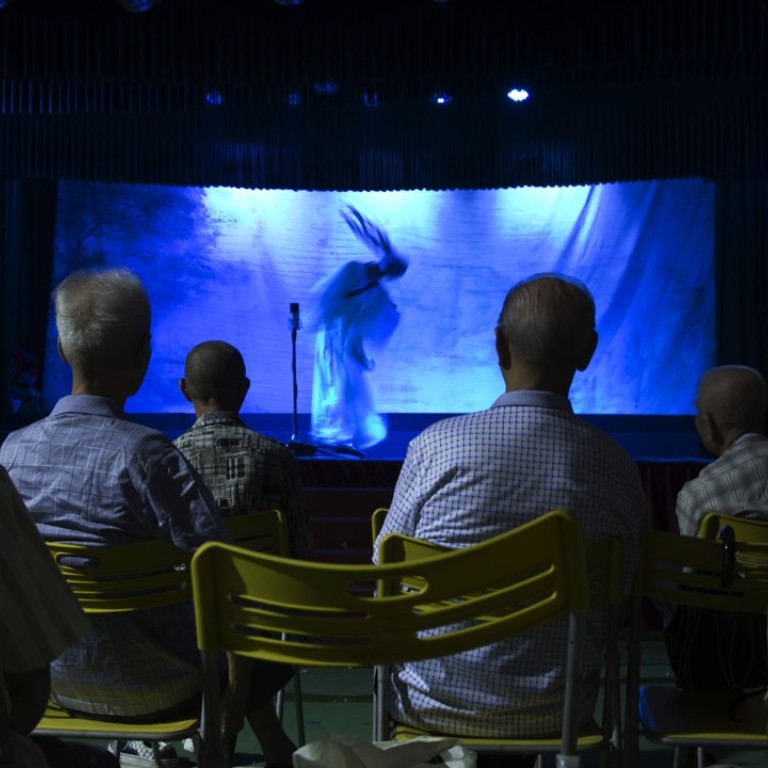
Do not be surprised if you find people burning faux money, papier-mâché in the form of a servant, iPhone X, LV handbag or a life-size Ferrari on the roadside these few weeks.
August 11 to September 9 is the seventh month in the Chinese Calendar, also known as the “Ghost Month”. To be precise, the 15th day (14th in southern part of China including Hong Kong) is the Yu Lan or Hungry Ghost Festival, when the “Ghost Gate” opens: ghosts and restless spirits, including deceased ancestors, come out from the afterworld.
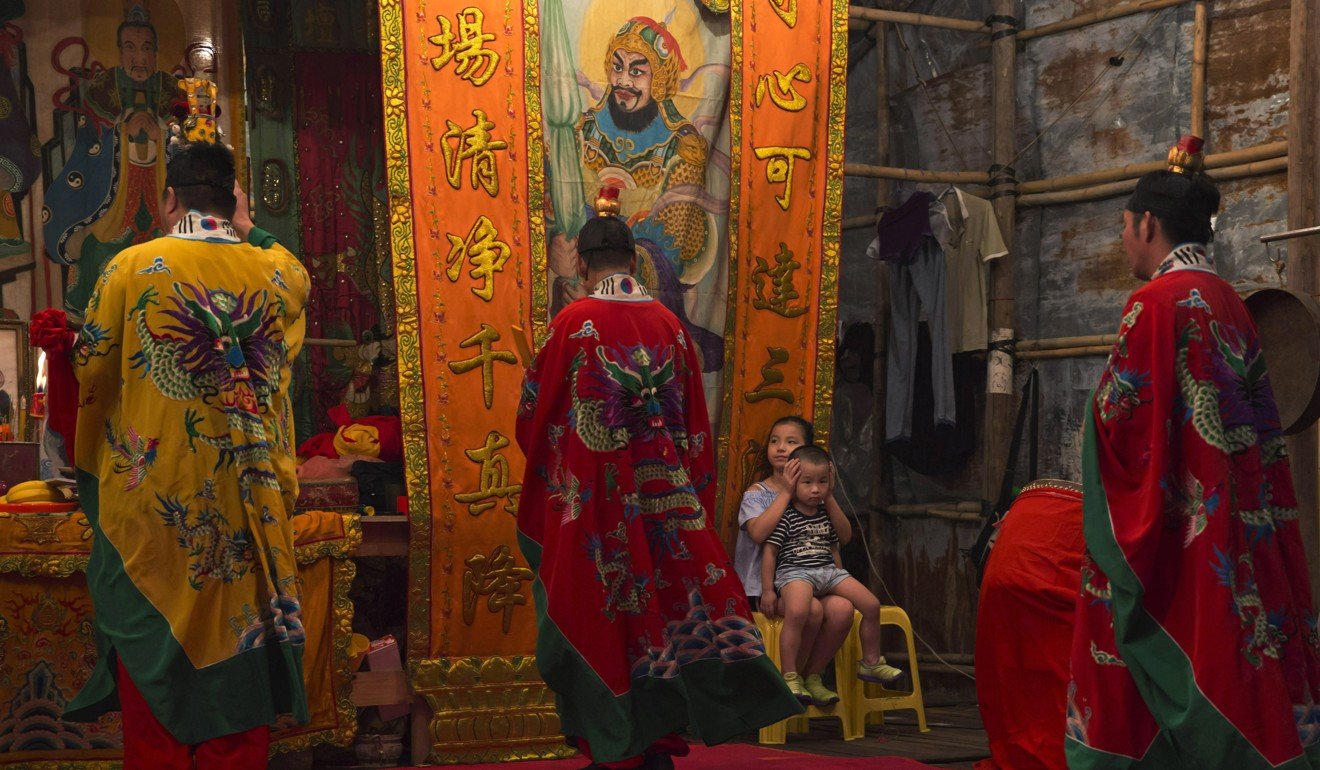
To console the spirits and “feed” their ancestors – a symbol of filial piety – the Chinese burn offerings, combined with other rituals and activities throughout the month. They believe they will be trouble-free if all the spirits are satisfied.
In Hong Kong and the Guangdong region, the Yu Lan Festival is associated with the Chiu Chow community, who have been organising it for more than 100 years.
In 2011, the Yu Lan Festival in Hong Kong was added to the third national list of intangible cultural heritage, among the Jiao Festival of Cheung Chau, the Dragon Boat Water Parade of Tai O, and the Fire dragon Dance of Tai Hang.
Rituals such as distributing auspicious rice and auctioning auspicious objects are representative, but not as spectacular as the opera or drama performances for the ghosts – or “thanksgiving dramas” – which are the main activities in the month of Yu Lan.
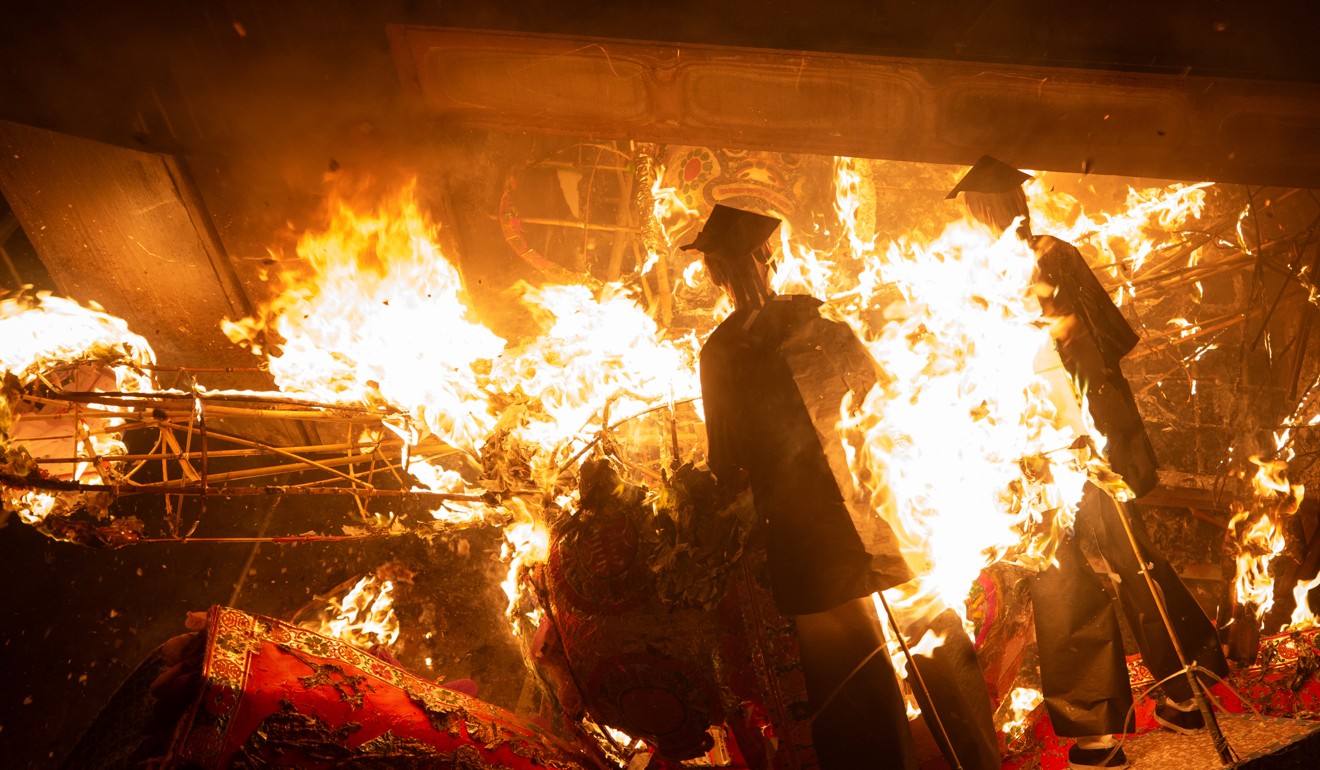
The earliest “thanksgiving” performance in Hong Kong can be traced back to 1852, according to a monument in Tai O’s Kwan Tai Temple. The thanksgiving performances, usually performed on temporary stages built with bamboo scaffolding, aim to entertain and console the spirits and ancestors. But since Yu Lan is a festival for the dead and the living, the performances are literally for everyone.
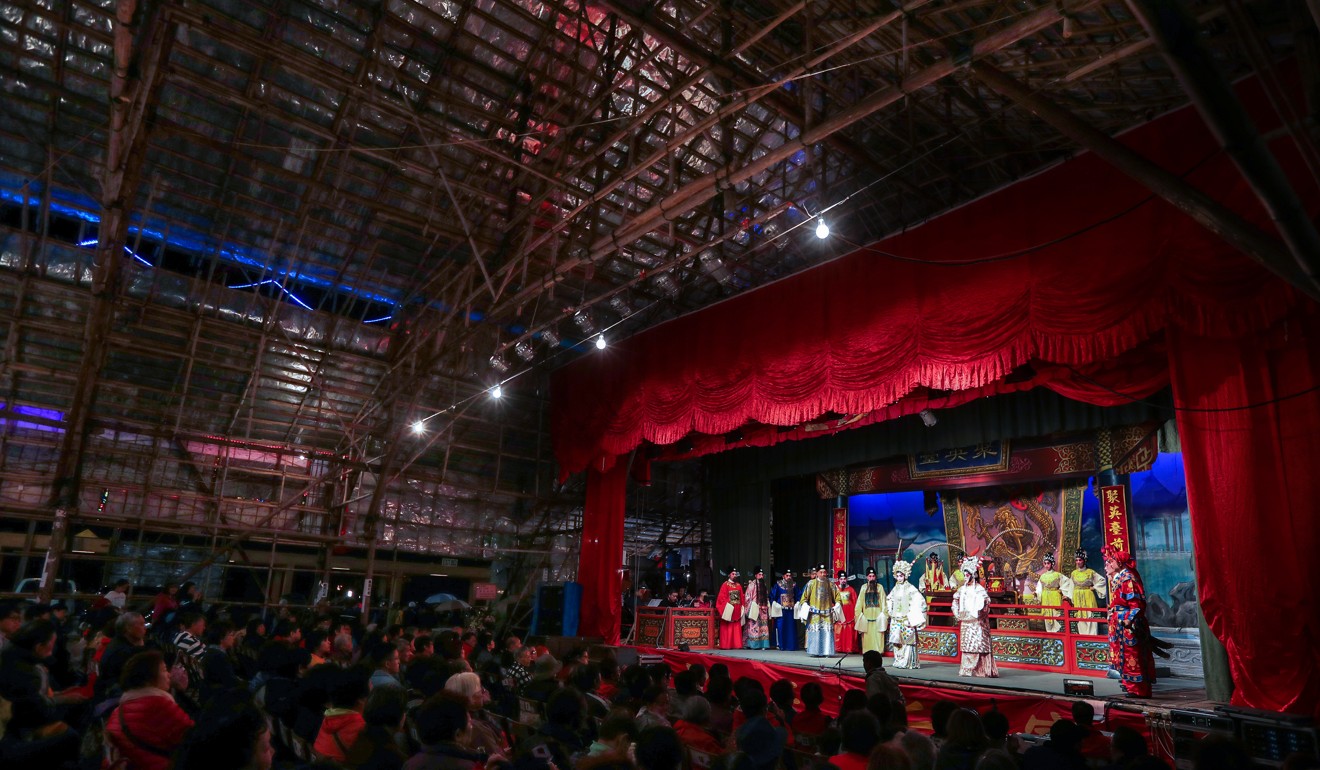
Yu Lan dramas have gone through various transformations as a result of the changing society and demographics. The plays in Guangdong provinces used to be mainly puppet shows or shadow plays, but were replaced by Cantonese and Chiu Chow operas. Opera troupes were invited and financed by local communities or villages to perform. The performances are mainly comedies – to avoid arousing sorrow among the spirits. But the scope of the operas has been broadened to attract a much wider audience.
Performing in villages and rural areas was a major source of income for opera artists and musicians, particularly before rural areas were urbanised. Other big festivals include Tin Hau Festival, Hung Shing Festival and Earth God Festival.
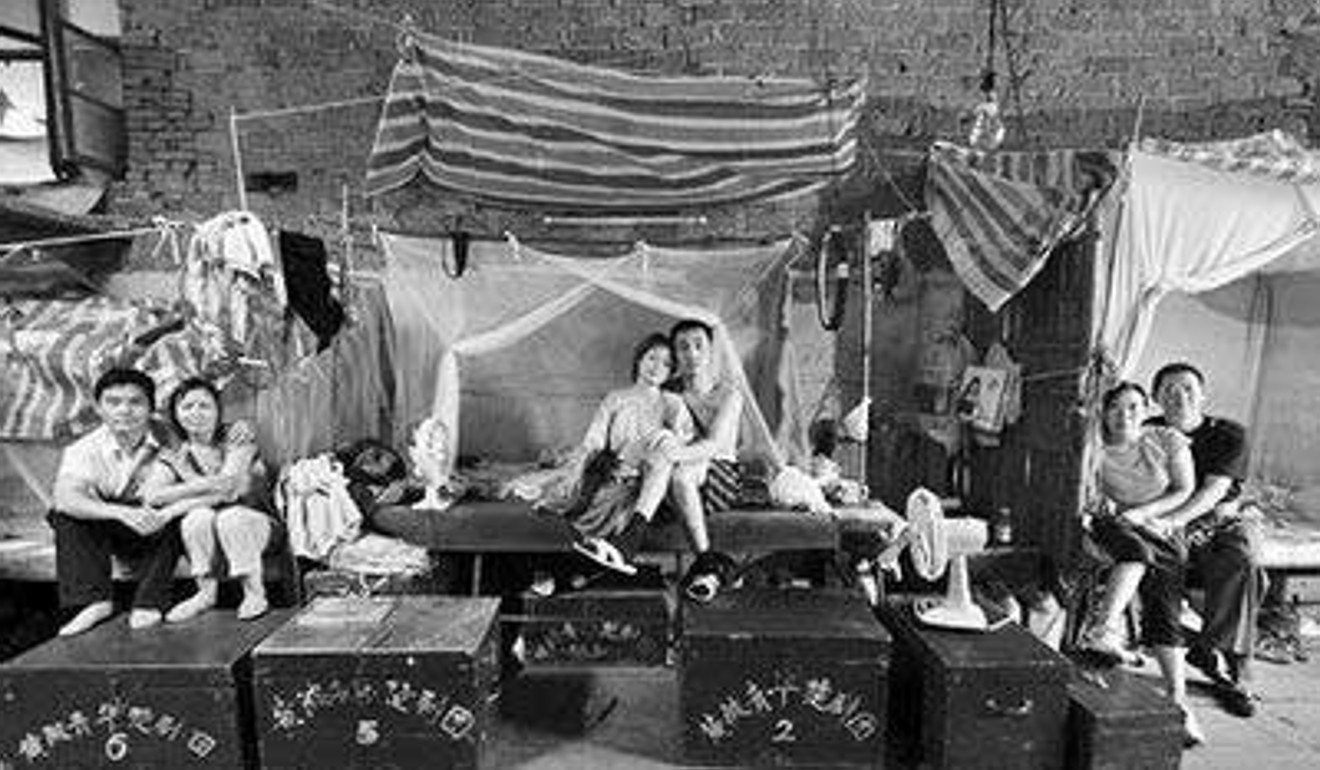
According to reports, among some 800 Chinese opera performances in Hong Kong in the ‘90s, over 60 per cent were for festivals including Yu Lan. Today, among some 2,000 opera performances, only 40 per cent are for that purpose.
Because of their pop-up nature, most of the stages for thanksgiving performances are built with bamboo scaffolding, another Intangible Cultural Heritage of Hong Kong. Erected without a blueprint, a bamboo theatre can house thousands of audiences and are built within days.
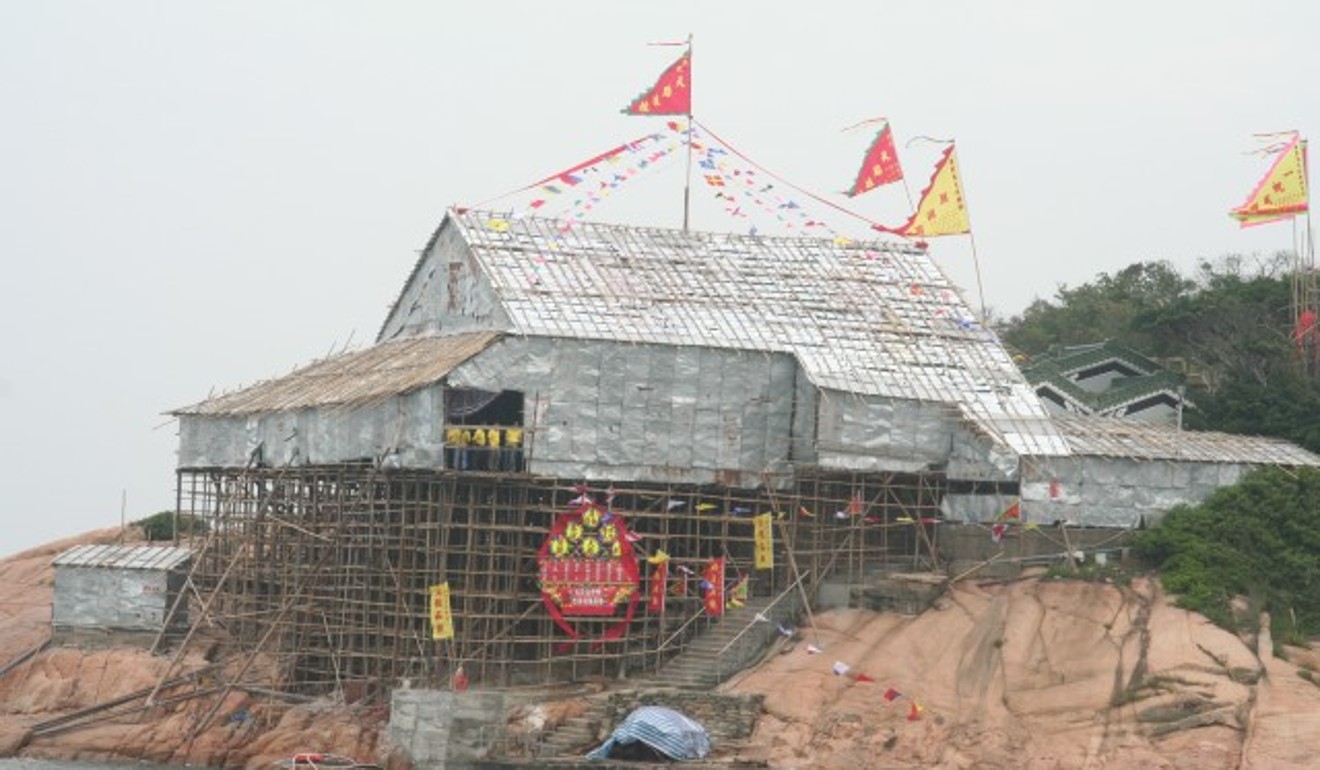
The bamboo theatre on Po Toi Island for Tin Hau Festival has been regarded as the most challenging one – as it is built on a cliff.
Want more stories like this? Sign up here. Follow STYLE on Facebook, Instagram and Twitter

The ‘Ghost Gate’ opens and restless spirits roam the world during the Yu Lan, or Hungry Ghost, Festival in the seventh month of the Chinese Calendar – operas are performed to console the ghosts